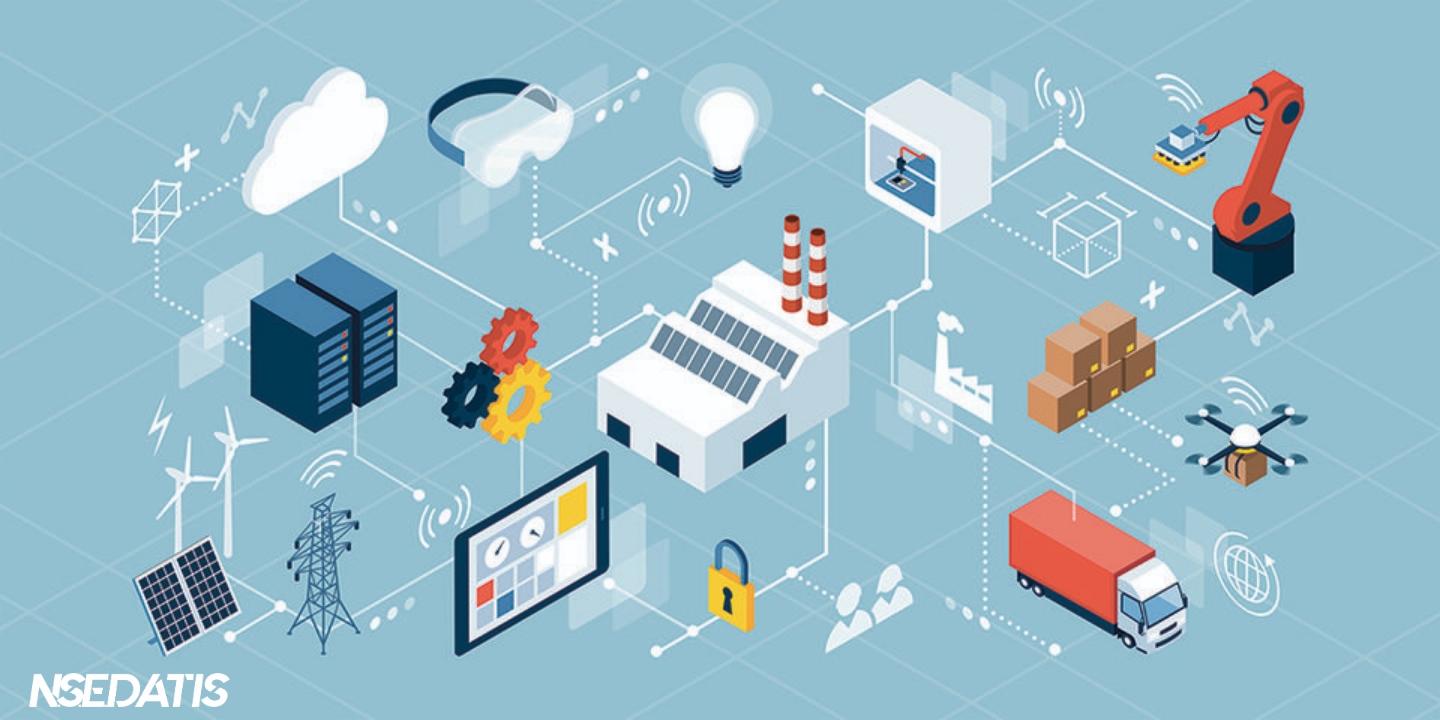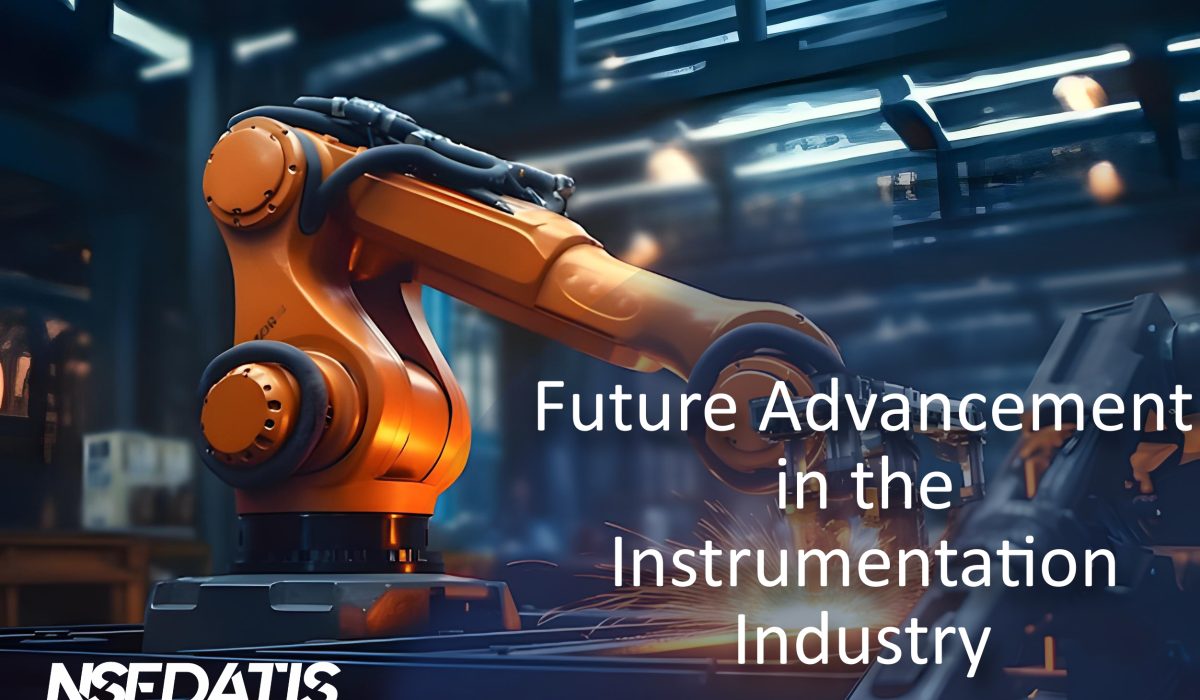Future Advancements in the Instrumentation Industry: A Path to Unprecedented Innovation and Precision
The instrumentation industry, as a cornerstone of modern technology, is continuously evolving and advancing. This industry, which encompasses sensors, measurement devices, and control systems, plays a crucial role in various fields including industry, medical sciences, automotive, and energy. With the advent of new technologies and emerging trends, the future of this industry is highly promising and filled with new possibilities. This article explores future advancements in the instrumentation industry and their impacts.
The Internet of Things (IoT) Revolution and Instrumentation
With the expansion of the Internet of Things (IoT), instrumentation is increasingly playing a role in daily life and industrial processes. Smart sensors, capable of collecting and transmitting data online, enable organizations to monitor their systems and equipment in real time. This technology can enhance efficiency, reduce costs, and prevent unexpected failures.

Advances in Smart Sensors and Nanotechnology
Smart sensors and nanotechnology are two areas that have brought significant changes to the instrumentation industry. High-precision sensors with smaller sizes are capable of measuring various parameters with greater accuracy and sensitivity. This technology is particularly useful in medical and research industries where precision and detail are crucial.
Data Mining and Big Data Analytics
In the digital age, the volume of data collected from instrumentation is rapidly increasing. Recent advancements in data mining and big data analytics help organizations leverage this data to improve performance and make strategic decisions. Advanced machine learning and artificial intelligence algorithms can identify complex patterns and provide more accurate predictions.
Software Advancements and Automated Systems
Automated systems and advanced software are increasingly being used in the instrumentation industry. These systems can control and monitor equipment automatically, simulate processes, and make automatic adjustments. This technology is especially important in large and complex industries that require precise and continuous control.
Sustainable and Green Technologies
A significant future trend in the instrumentation industry is the focus on sustainable and green technologies. New precision instruments are designed to reduce energy consumption and environmental impact. Sensors with low energy consumption and less harmful materials contribute to reducing the carbon footprint and enhancing sustainability.

Applications of Artificial Intelligence and Machine Learning
Artificial intelligence (AI) and machine learning are dramatically changing the instrumentation industry. These technologies enable systems to automatically learn from data, make predictions, and optimize decisions. From detecting anomalies in data to improving measurement accuracy, these technologies are adding new capabilities to precision instruments.

Development of Wearable Technologies
In the medical and healthcare industries, wearable precision instruments are increasingly gaining popularity. These devices can continuously and non-invasively monitor biological parameters, providing doctors and users with precise health status information. These technologies can aid in early disease detection and improve healthcare delivery.
Conclusion
The instrumentation industry is on a path of significant transformation and advancement that directly impacts the efficiency, accuracy, and reliability of systems and processes. With technological advancements, this industry is poised to reach a milestone that could bring major changes to daily life and various industries. As a result, businesses and organizations must stay up-to-date and leverage these developments to stay ahead of competitors and achieve their goals.

